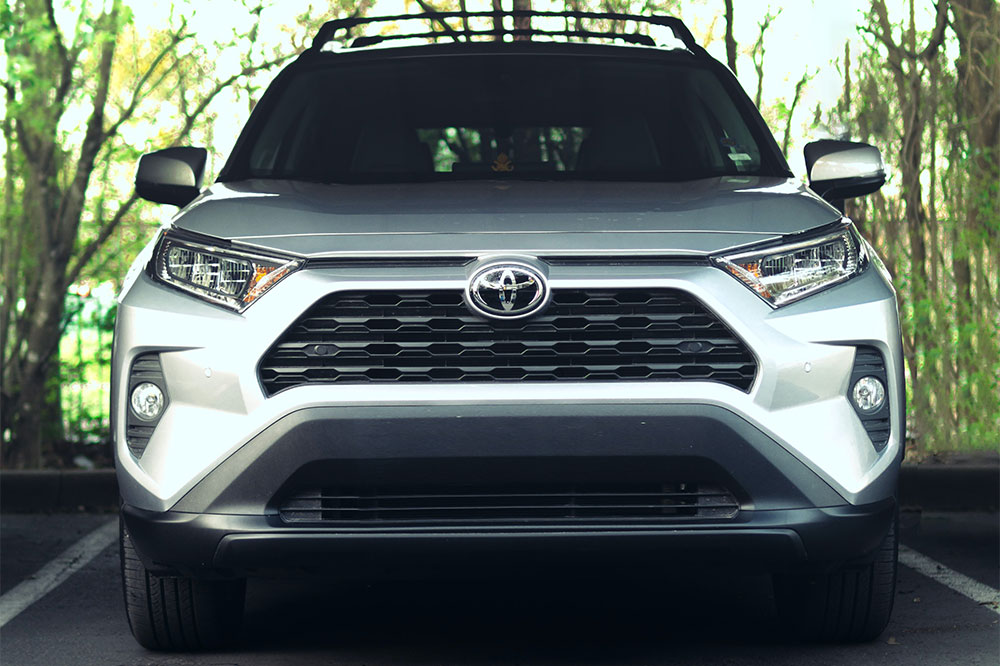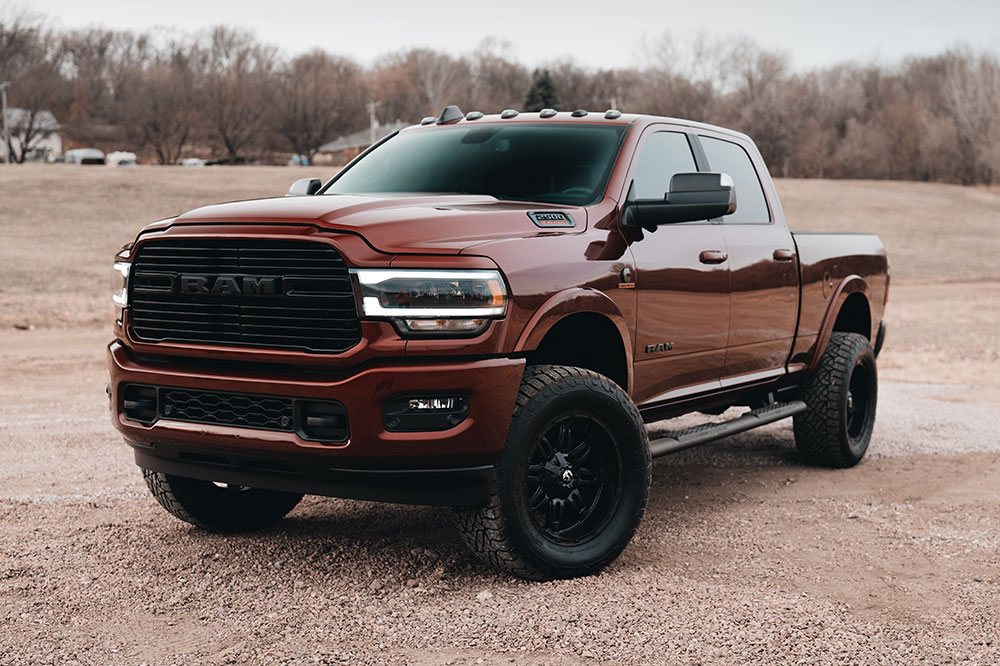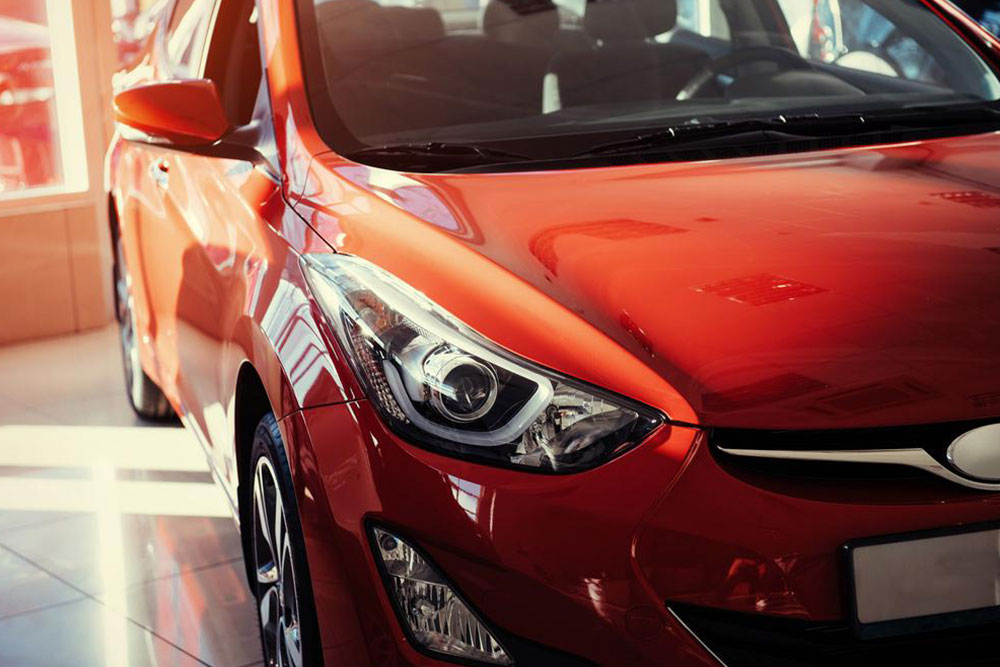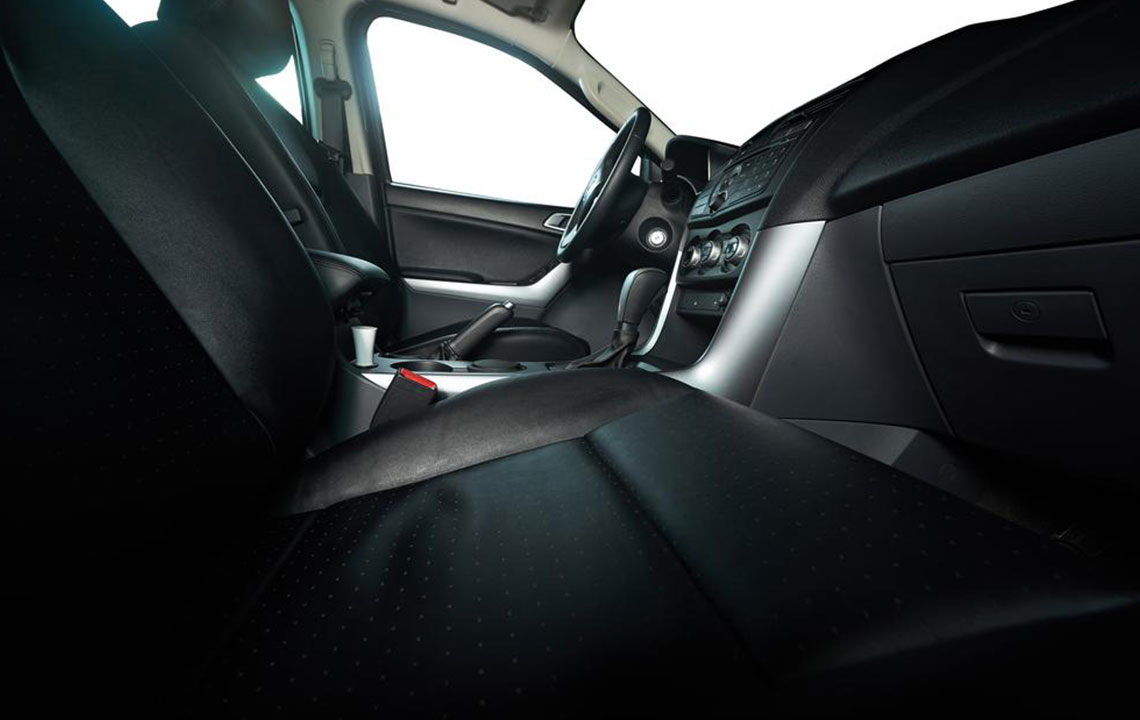Essential Safety Features Every Vehicle Should Have
This article highlights essential safety features that modern vehicles must include, such as crash tests, structural reinforcements, airbags, and advanced driver assistance systems. It emphasizes the importance of choosing vehicles with proven safety ratings from reputable brands like Honda, Toyota, Volvo, and Audi to ensure maximum protection for all occupants. Understanding these safety considerations helps consumers make informed decisions for safer driving experiences.

Key Safety Features Every Modern Vehicle Must Include
Protecting passengers of all ages—from infants to adults—is a top priority for automakers. Vehicles must adhere to rigorous safety standards set by authorities like the Insurance Institute for Highway Safety (IIHS) and the National Highway Traffic Safety Administration (NHTSA), which perform comprehensive crash assessments to identify the safest models on the road. Modern safety extends beyond seat belts and airbags, incorporating advanced technologies designed to prevent accidents before they happen.
These features include cutting-edge crash prevention systems, reinforced vehicle structures, and multiple airbags. Understanding these elements can help you choose a vehicle that offers maximum safety for you and your loved ones.
Here are some critical safety features and testing practices that showcase a vehicle’s safety prowess:
Frontal crash tests, which account for the majority of fatal accidents, evaluate impacts from the front of the vehicle.
Two main frontal crash scenarios include a moderate overlap test (40% impact at under 40 mph) and a small overlap test (25% impact at similar speeds).
Side impact collisions are particularly hazardous due to limited space for absorption; thus, structural reinforcements and side airbags are crucial.
Enhancing the vehicle's outer frame and deploying multiple airbags effectively protect passengers during collisions.
Rollover prevention is vital—electronic stability control minimizes rollover risks, while a sturdy roof structure reduces impact forces during a crush.
Neck injuries, especially whiplash from rear-end collisions, are common; proper head restraints can mitigate this damage.
Advanced driver assistance includes Forward Collision Warning and Automatic Braking, which help prevent or diminish crash severity.
Continual improvements in safety systems mean selecting a new vehicle from brands like Honda, Toyota, Volvo, or Audi can offer peace of mind. Prioritize safety for you and your family by choosing the most secure options available.










